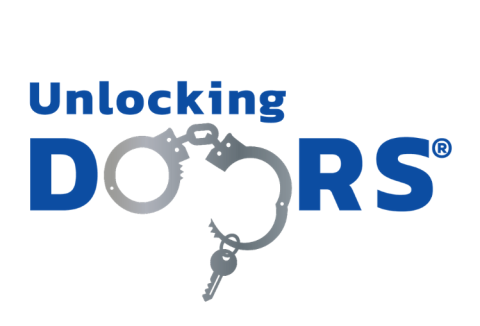Unlocking Doors™ Partners with FSU Institute to Improve Criminal Justice Outcomes

Unlocking Doors, the State of Texas’ comprehensive community reentry network for individuals released from incarceration, is implementing a data-driven reentry model developed by researchers at the Florida State University Institute for Justice Research and Development (IJRD).
“Our partnership with the Institute for Justice Research and Development pairs the latest science on successful reentry with our expertise in providing services to thousands of individuals reentering the community from incarceration each year,” said Christina Melton Crain, founder and president and chief executive officer of Unlocking Doors. “By implementing IJRD’s innovative, data-backed model to our current assessment regimen, we can make an even bigger impact to improve lives, reduce reincarceration and continue making the communities we serve safer.”
The 5-Key Model for Reentry provides behavioral health-focused supports for individuals leaving incarceration and coming back home. The five key ingredients of the model include healthy thinking patterns, meaningful work trajectories, effective coping strategies, positive social engagement, and positive interpersonal relationships.
“Adoption of data-backed research is crucial to reduce unnecessary reliance on the criminal justice system,” said Carrie Pettus, PhD, MSW, founder and executive director of IJRD. “We are thrilled to partner with Unlocking Doors to help them implement this effective model to support individuals releasing from incarceration.”
A team from IJRD is providing the Unlocking Doors reentry services staff training, ongoing consultation, and support while the model is integrated into their services.
“The 5-Key Model provides a guide to empower our clients to build their own definition of what success is and action steps to take in order to achieve success,” said Kreg Marable, Unlocking Doors Reentry services broker.
The 5-Key Model for Reentry has been piloted in seven states in more than 100 correctional facilities and in 24 rural and urban counties with over 3,000 individuals in the context of a randomized controlled trial. Preliminary results suggest that this approach is working as study participants’ levels of well-being improved in the 15-month follow-up period and increased well-being was associated with lower levels of re-incarceration.
Early findings of the research can be found here and real-life testimony from program participants can be found here.
For more information on the 5-Key Model for Reentry, please contact Amberly Prykhodko at aprykhodko@fsu.edu.
